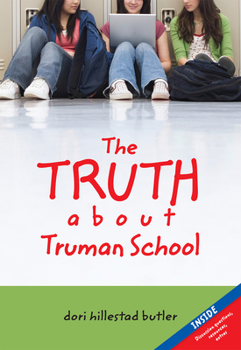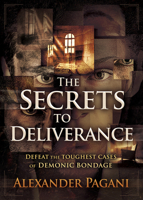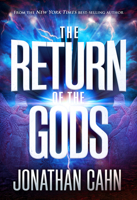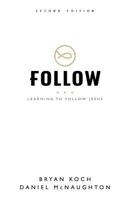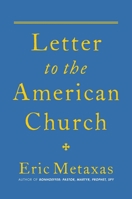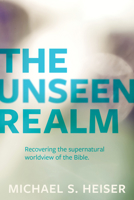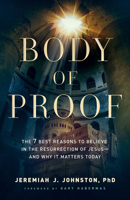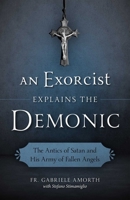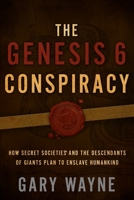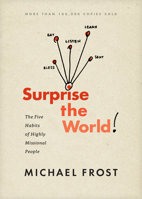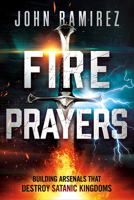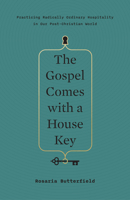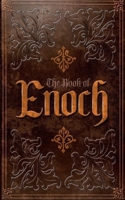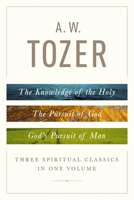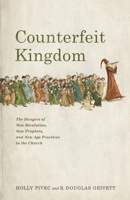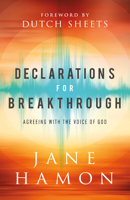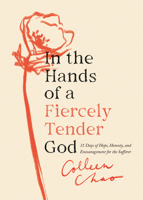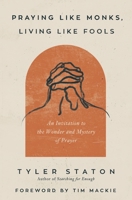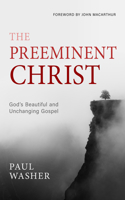The Truth About Truman School
Select Format
Select Condition 
You Might Also Enjoy
Book Overview
2012-2013 Iowa Teen Award Master List
They just wanted to tell the truth.
When Zebby and Amr create the website thetruthabouttruman.com, they want it to be honest. They want it to be about the real Truman Middle School, to say things that the school newspaper would never say, and to give everyone a chance to say what they want to say, too. But given the chance, some people will say anything--anything to hurt someone else. And when rumors about one popular student escalate to cruel new levels, it's clear the truth about Truman School is more harrowing than anyone ever imagined.
Related Subjects
Ancient Cultural Egypt History Politics & Social Sciences Social Science Social SciencesCustomer Reviews
Rated 5 starsGreat read, highly recommended!!
Butler's novel about bullying in middle school is so very close to the truth. From cyberbullying to flat out name calling, Butler offers an unflattering, yet true-to-life, view of middle school social trends. More to the point, Butler focuses on how cruel, self-centered, and uncaring many pre-teens and teens are. Butler also includes the fact that many adults either deny that such hatred occurs or blindly ignore bullying...
0Report
Rated 5 starsSurprisingly fresh & compelling
'The Truth About Truman School' is a YA book about middle school, and cliques, and cyber-bullying. Two 8th graders - Zebby and Amr - start a website that is supposed to talk about the real things that happen at their school (Zebby is frustrated that the school newspaper is only allowed to publish puff pieces). Quickly, though, the site becomes a forum for bashing one of the 'popular girls' ... much cruelty and angst ensue...
0Report
Rated 5 starsIn tune with today's teens!
This book is right on point with what is going on today with cyberbullying and things of that nature. It could be a real eye opener for some parents/adults to have no idea about the things that go on online. It also enables parents/adults to understand som e of the situations/scenarios and could allow them to watch for warning signs, etc. I think the book could be used as a tool as well for teens/pre teens. The storyline itself...
0Report
Rated 5 starsFreedom Carries Responsibility
Middle school, the nerds vs. the popular kids. The story has been told since "Rebel Without a Cause" and Hinton's "The Outsider." Doris Hillestad Butler puts a modern spin on the problems of middle school by adding in the real world: texting and the Internet. Weird Zibby and her equally outcast friend, Amr, decide to launch a web site where kids can discuss the TRUTH about their school. They have idealistic hopes that...
0Report
Rated 5 starsA teen-friendly glimpse into cyberbullying & its consequences
The Truth About Truman School approaches the subject of Cyberbullying in a a unique manner by presenting the story as an an amalgam of many points of view woven together by the fictional website's editor, Zebby Bower. Zebby tells us at the beginning of the presentation that her website had unintended consequences and that she's asked everyone involved to volunteer their side of the story in their own words and that she will...
0Report










